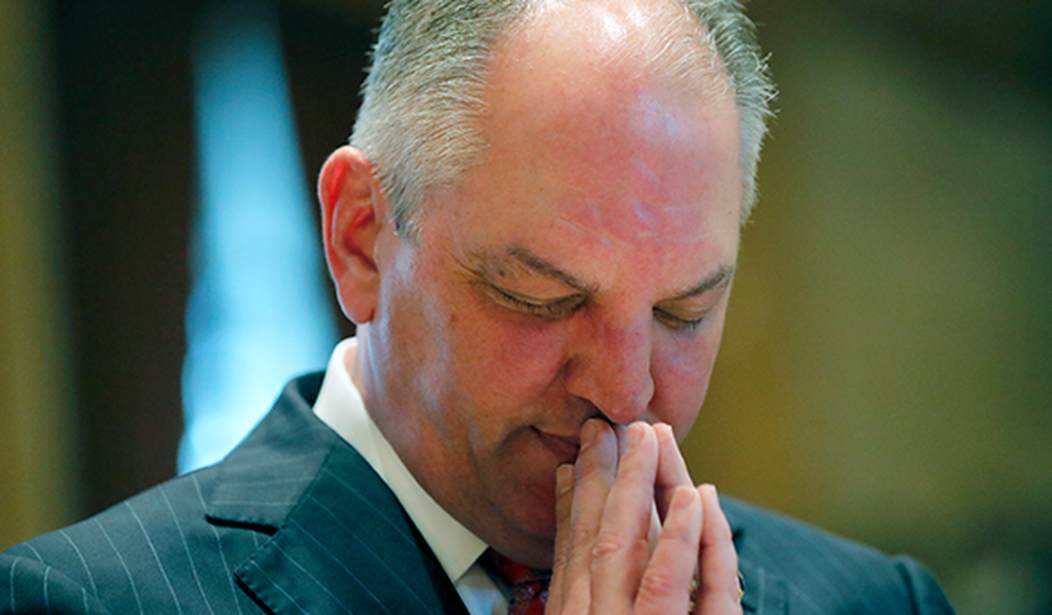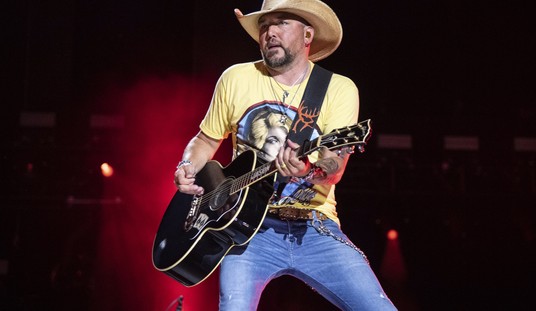That’s the plan, anyway. Louisiana Governor John Bel Edwards wants to add COVID-19 vaccines to the list of required shots for school children. He has his work cut out for him but in the end, the governor makes the final decision.
Before the state lawmakers convened in Baton Rouge on Monday, Edwards said, “I just think it’s really, really important to embrace the science and really it’s also important to not engage in misinformation,” Edwards said. “Absent some compelling reason, which I at present have not seen, I fully expect that we will be adding the vaccine to the schedule.” The requirement will initially only apply to students 16 years of age and older. He softens his decision by saying that the normal exemptions to immunizations will be allowed for the COVID-19 vaccines. “It will be up for parents to decide whether their kids get vaccinated or not,” Edwards said.
Louisiana has some of the broadest exemption allowances in the country for students. Parents are provided with a document that can exempt their child from school vaccine requirements.
Louisiana has long prided itself on having among the broadest exemptions in the nation for students and parents who want to opt-out of school immunization requirements. The state not only respects religious and medical exemptions, but also philosophical objections. The Department of Education even provides a one-page exemption form online that parents can sign and submit to their school to exempt their child from the requirements.
Those protections won’t change with the addition of the COVID-19 vaccines.
“We respect parental and student choice in Louisiana when it comes to vaccinations,” said Dr. Joe Kanter, the state’s top public health official, at a press conference Friday. “That doesn’t change. No one will ever be forced to get a vaccine against their will.”
The plan by the governor isn’t going over well with Republican lawmakers. Governor Edwards is a Democrat, normally seen as a moderate Democrat. For example, he is a pro-life Democrat in a party that is determined to keep abortion available without any restrictions. In this case, he is digging in. He said that it isn’t only about preventing childhood death. It is about significantly decreasing the transmission of the virus. Edwards referenced the statistic that about 25% of infections were found in children during the delta surge of the coronavirus.
“If you want to avoid disruptions in school because of outbreaks and the illnesses that occur in families and communities and so forth, this is part of the overall effort,” Edwards said.
Lawmakers who oppose the plan point to lower mortality rates from COVID-19 in children. The state argues that a low number of deaths of children from a disease didn’t stop the legislature from voting in favor of including the meningitis vaccine to the state schedule in 2015. That addition easily passed.
Several lawmakers have suggested that because the mortality rate from COVID-19 for children is lower than older adults, it shouldn’t be required for school entry. “This is not a childhood disease,” said state Sen. White, a Central Republican. “Adults get it, everybody can get it.”
But Dr. Kanter, the state health officer, said the notion that COVID-19 doesn’t have a significant impact on children is “a gross misrepresentation.”
Since the start of the pandemic, 18 children have died from COVID-19 in Louisiana. Nine of those deaths occurred during the delta surge, Kanter noted. Meanwhile, more than 275 kids have suffered from multisystem inflammatory syndrome, a rare but serious complication linked to the disease.
And according to a modeling study published in the medical journal Pediatrics, for every four COVID-19 deaths in the United States, one child loses a parent or caregiver. That amounts to more than 140,000 children who have lost a parent, grandparent or other guardian throughout the pandemic.
“This virus does affect children in profound ways and it’s really scary, I think, when people minimize that,” Kanter said. “I would ask people to look seriously at the effect this has had on families throughout the state.”
All of this discussion was before the House Health & Welfare oversight hearing on Monday. There was a question of how the new rule would be enforced. The governor said on Friday that the new requirement wouldn’t start until next school year with the rule formally adopted as early as late December. And, it only applies to age groups that are fully approved by the FDA to receive the vaccine. At the moment, that is only for those age 16 and older.
So, how did the House oversight hearing go? Not so well for the governor and his team. Lawmakers noted that constituents don’t respond well to government mandates, especially vaccines. The House Health and Welfare Committee, in a vote of 13-2, voted that the Louisiana Department of Health rule to require the COVID-19 vaccine for students ages 16 and up is unacceptable. The Senate will hold a similar vote before sending the rule to the governor. The question the lawmakers have is whether or not the LDH has authority over the rule. The hearing room was packed with elected officials and parents who voiced opposition to the vaccine being added to the student schedule.
Louisiana Attorney General Jeff Landry is of the opinion that the LDH does not have the authority to mandate the vaccine. He said they are going around the legislature.
“The legislative power of this state is vested with you all. The Louisiana constitution provides for a separation of powers among three branches of government and provides that none of these exercises the power of the other,” Landry said.
The department defended the authority under the Sanitary Code and said the process has been transparent. They also emphasized parents can opt their kids out of the vaccine with a written dissent, like with the rest of the vaccine schedule.
“I can’t think of another disease on that childhood schedule that we have lost that many kids from so in my mind it’s very much in the public interest,” State Health Officer Dr. Joseph Kanter said. “I feel very strongly in parental choice and that it ultimately is the parent and family’s choice.”
As written above, the final decision rests with the governor. We’ll see what happens with the Senate’s vote on the new requirement. In the meantime, the governor sounds as though his mind is made up. Asked if he would change his mind, he said, “I would have to learn something different then I’ve learned to date. It is certainly my inclination that the vaccine will be added to the schedule that pertains to K-12 schools and higher ed.”








Join the conversation as a VIP Member